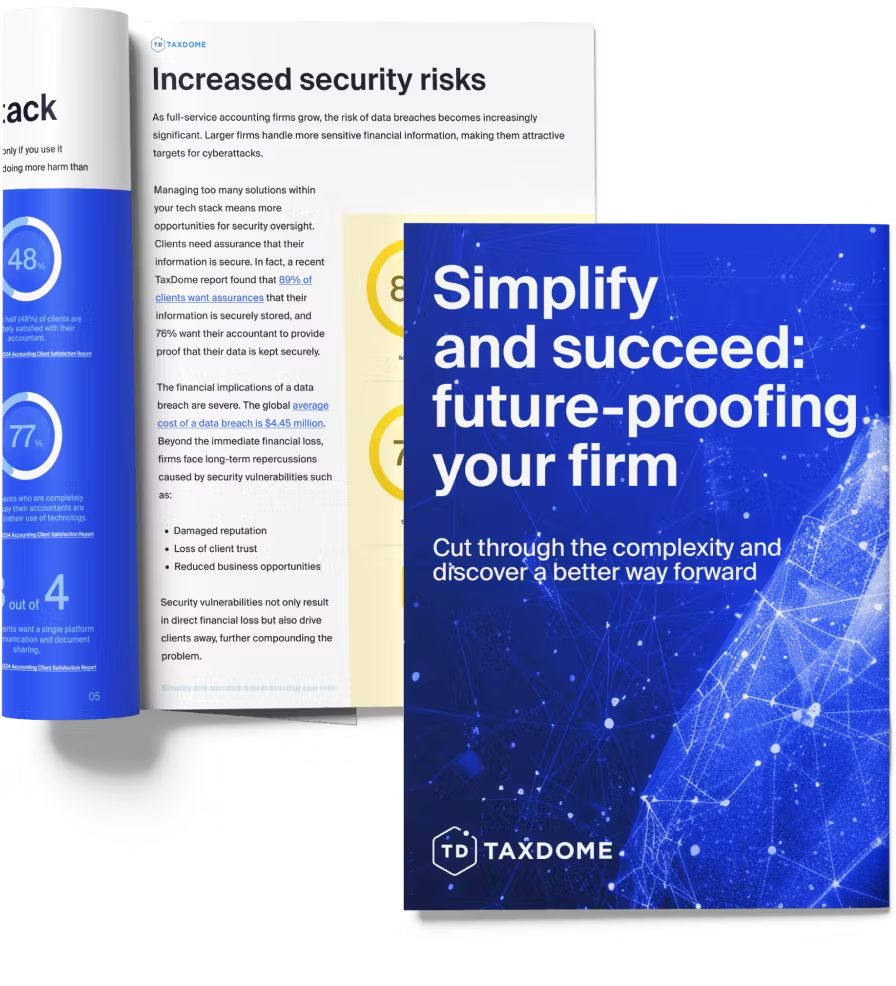
If you’ve worked with tax professionals in the past but never had to deal with the Internal Revenue Service (IRS), you may be asking: what is an enrolled agent? The enrolled agent definition, given by the IRS, is a person with the right to represent taxpayers before the IRS.
A professional with EA credentials are considered to have elite status and the highest credentials offered by the Internal Revenue Service.
How Being an EA Works
An enrolled agent is a tax professional that focuses only on taxes rather than offering additional financial planning services. In the United States and Canada, there are more than 65,000 EAs in practice offering services to clients.
These professionals are able to handle all tax matters, but they’re also able to represent you before the IRS.
Clients don’t need to be present in front of the IRS if they are working with an EA. Instead, the EA has the authorization to represent their clients, which allows the client to continue in their normal routine without needing to attend IRS meetings.
For businesses, the representation by the EA can prove to be invaluable.
What’s an EA for taxes?
An EA for taxes can mean many things. These professionals can help with tax preparation, tax planning and also audits. If you have complex tax planning needs or are audited by the IRS, an EA can be an invaluable resource.
Enrolled Agents and Client Privilege
The RRA98, or the Restructuring and Reform Act of 1998, outlines the client privilege between an enrolled agent and their clients. Confidentiality is limited to some extent, but the confidentiality can change from case to case.
If the EA is working with a client who is being audited or is working on collections, client privilege exists.
CPA or EA
What is an enrolled agent vs CPA? An enrolled agent must meet a very high level of standards to maintain their EA status with the IRS. But since a CPA is certified on a state level, the requirement for these professionals can also change.
In general, the main difference between cpa and ea are:
Enrolled Agent Requirements
As an enrolled agent, the professional must meet the following requirements:
- Pass the Special Enrollment Examination, which is a three-part exam
- Complete 72 hours of continued education every three years
- Work with clients only on tax issues
It’s important to note that an EA must continue to meet these requirements or lose their status with the IRS.
Certified Public Accountant Requirements
Certified public accountants, or CPAs, are certified on the state-level, which is a key difference from an EA who obtains a federal status. A CPA is required to:
- Work under a CPA for a minimum of one year
- Pass a state exam, which often includes multiple parts
- Work on all accounting matters and not just tax matters
A CPA can offer a wide range of services that go beyond what an EA is allowed to offer. In short, an EA is a tax specialist, while a CPA can work on multiple areas of accounting that go beyond taxes.
Requirements of Enrolled Agents
An enrolled agent doesn’t need a college degree to obtain this status, but the individual must have five years of experience working with the IRS to become an EA without taking an exam. If you don’t have experience with the IRS, you can become an enrolled agent by:
- Receiving your PTIN
- Passing all three exams, within three years, on the Special Enrollment Examination (SEE)
- Applying for enrollment
- Passing the IRS’ suitability check
Note: An EA doesn’t need a state license to practice. Instead, these professionals receive a federal license that allows them to practice and represent taxpayers in any state.
Benefits of Using an Enrolled Agent
Enrolled agents are beneficial to work with because they’ve received the highest status offered by the IRS. These professionals offer numerous benefits to their clients, depending on whether they’re members of the NAEA, including:
- Completing 72 hours of education courses every 36 months
As NAEA members, these professionals can:
- Represent businesses
- Represent individuals
- Offer tax planning
- Offer tax preparation
NAEA members also meet a high level of education, including:
- Completing 30 hours of continued education every year, or
- Complete 90 hours of continued education over a three-year period
When compared to others in the industry, the main focus of an enrolled agent is taxes. An EA knows the ins and out of taxes and ethics.
How to Find an Enrolled Agent
When looking through professional directories, if a person has the “EA” designation next to their name, it indicates that they’re an enrolled agent. You can go to the IRS directly to find an enrolled agent.
The IRS maintains an active list of enrolled agents that is updated periodically and can be found here.
You can also find an EA through the NAEA website. Simply fill in your zip code, and you’ll be able to find an agent within a certain radius. There is also the option to browse tax experts by specialty if you have additional tax or financial needs.
Key Takeaways: Enrolled Agents
Enrolled agents are specialists who are certified by the IRS and maintain the highest status possible with the government agency. While these professionals are proficient in multiple areas of accounting, they focus entirely on tax issues.
When compared to a CPA, the main difference is that a CPA is an accounting specialist and EAs are tax specialists.

Thank you! The eBook has been sent to your email. Enjoy your copy.
There was an error processing your request. Please try again later.
What makes the best accounting firms thrive while others struggle to keep up? We analyzed our top 20 TaxDome firms, representing over $100M in combined revenue, to uncover the strategies driving their success.



